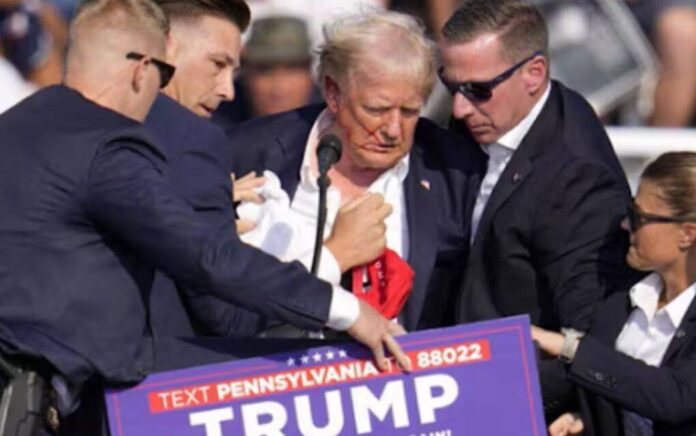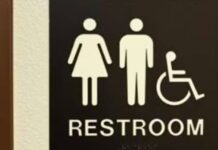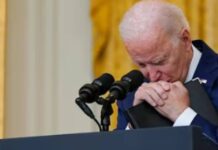
The attempt on Donald Trump’s life was a close call. Way too close for comfort.
And now the plot of the assassination attempt has thickened as Congress prepares for subpoenas of the FBI and the DOJ.
Wisconsin Republican Senator Ron Johnson has authorized subpoenas targeting the Department of Justice (DOJ) and the Federal Bureau of Investigation (FBI) to obtain further details about the July 13, 2024, assassination attempt on President Donald Trump in Butler, Pennsylvania. The move comes as Johnson, now leading an independent probe as chairman of the Permanent Subcommittee on Investigations, seeks to advance his inquiry into the incident.
The subpoenas are set to be issued close to the one-year anniversary of the attack. Previously, Johnson contributed to a Senate Homeland Security Committee investigation into the event, but he has now taken the lead on a separate effort. He expressed frustration with the process, describing it as hindered by bureaucratic obstacles that have slowed progress.
In an interview with Fox News, Johnson revealed that he approved the subpoena on July 9, 2025, emphasizing his determination to continue the investigation despite perceived disinterest from other lawmakers. “I want this to be a bipartisan effort, but others seem ready to move on. I’m not,” he stated.
Johnson accused federal agencies of obstructing his investigation, claiming they have withheld critical documents and information nearly a year after the attempt. While the exact timing of the subpoenas’ issuance remains unclear, Johnson stressed their necessity to move the probe forward.
Despite FBI Director Kash Patel’s assurances of full transparency in the bureau’s investigation, Johnson’s claims of being “stonewalled” highlight ongoing tensions. Republicans have consistently criticized the federal government for failing to hold individuals accountable for the security lapses that enabled the attempt.
A 180-page House report from 2024 identified systemic issues in leadership and training within the Secret Service, creating conditions ripe for such failures. The report pointed to these deficiencies as key contributors to the incident.
Following the attempt, the Secret Service disclosed that six agents were suspended without pay and reassigned to roles with reduced operational duties upon their return. No agents were terminated, but former Secret Service Director Kimberly Cheatle stepped down amid significant criticism for the agency’s handling of the event.
Ongoing Questions Surrounding the Trump Assassination Attempt
On July 13, 2024, former President Donald Trump narrowly escaped an assassination attempt during a campaign rally in Butler, Pennsylvania. The assailant, 20-year-old Thomas Matthew Crooks from Bethel Park, Pennsylvania, fired eight rounds from an AR-15-style rifle from the rooftop of the AGR International warehouse, grazing Trump’s right ear. The attack killed one spectator, Corey Comperatore, and injured two others, sending shockwaves through the 2024 presidential campaign. Crooks was fatally shot by Secret Service agents moments after opening fire.
The FBI, leading the federal investigation, classified the incident as an assassination attempt and potential domestic terrorism. Despite extensive efforts, including nearly 100 interviews and analysis of Crooks’ electronic devices, the bureau has not identified a clear motive. Online searches by Crooks revealed a sustained interest in planning an attack, including research on Trump’s and President Joe Biden’s campaign schedules, but no definitive reason for targeting Trump has emerged.
Security failures at the rally have drawn intense scrutiny. A bipartisan Senate report, co-authored by Senator Johnson, highlighted multiple Secret Service lapses, including inadequate communication and coordination with local law enforcement. Notably, Secret Service personnel were informed of a suspicious individual with a rangefinder near the AGR building 27 minutes before the shooting but failed to act decisively. A counter-drone system also malfunctioned, leaving security blind to potential threats.
The investigation revealed that Crooks purchased a ladder hours before the attack and was spotted by a local sniper at the AGR building nearly an hour before firing. Despite these red flags, he accessed the rooftop undetected, raising questions about how he evaded security measures. Explosives were later found in his car and at his home, further complicating the narrative around his intentions.
Public and congressional frustration has grown over the lack of transparency from federal agencies. Senator Johnson has repeatedly criticized the FBI, DOJ, and Secret Service for withholding records, including witness interviews and ballistics reports. His recent subpoenas aim to compel the release of these documents to clarify the sequence of events and security breakdowns.
The incident prompted significant fallout within the Secret Service. Former Director Kimberly Cheatle resigned after facing bipartisan criticism for the agency’s “most significant operational failure” in decades. Six agents were disciplined, but none were fired, fueling Republican calls for greater accountability. A congressional task force, led by Pennsylvania Representative Mike Kelly, issued a 180-page report in December 2024, outlining 37 recommendations to prevent future failures.
One year later, Americans remain unsettled by unanswered questions. The absence of a clear motive for Crooks’ actions, coupled with limited public updates from the FBI since August 2024, has fueled speculation and distrust.



















